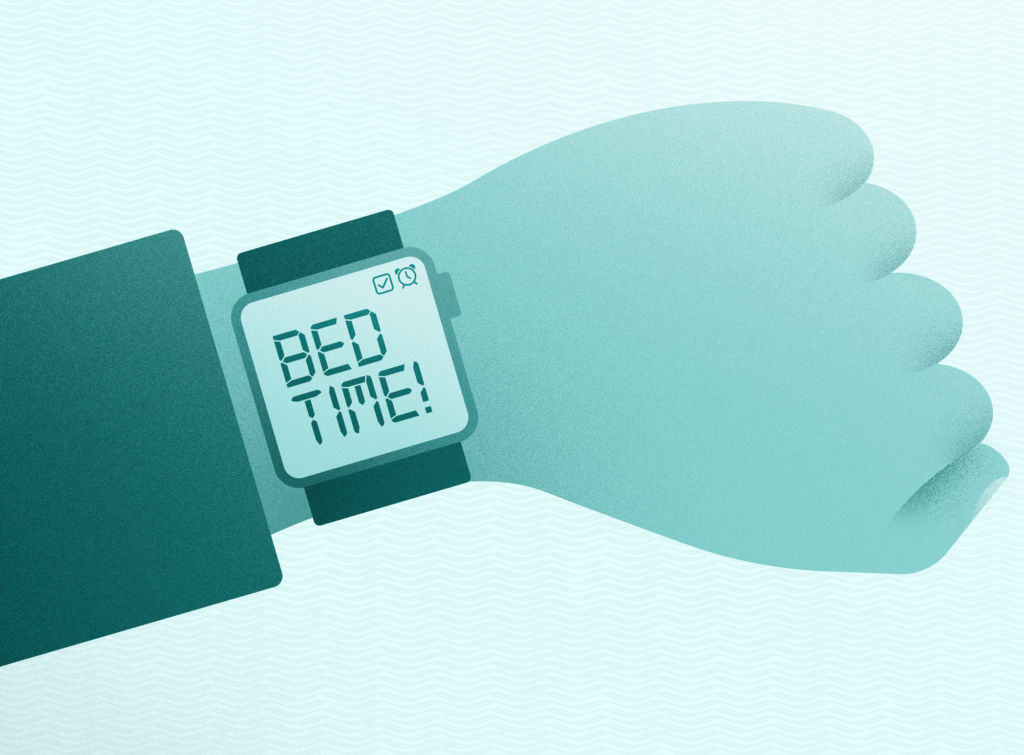
I have a New Year’s resolution: Get more sleep.
Sleep is a miracle drug with no side effects. As neuroscientist Matthew Walker explains in his book Why We Sleep, “There does not seem to be one major organ within the body, or process within the brain, that isn’t optimally enhanced by sleep (and detrimentally impaired when we don’t get enough).”
Recently, Character Lab Research Network included questions about sleep in a survey of more than 20,000 high school students.
Here’s what we found: the more hours students slept, the better rested they felt when they woke up. Students who slept more were more likely to feel “ready to learn” when they showed up for class. Not surprisingly, hours of sleep were also positively correlated with happiness and report card grades.
So, why don’t teenagers get more sleep?
I asked the two chronically sleep-deprived teenagers under my own roof.
They were quick to point out that, sometimes, what keeps us up at night isn’t entirely under our control. Anxiety about college applications, for example, or a car alarm that goes off in the middle of the night.
All true. But one of the most striking findings in our data is the relationship between sleep and self-control. That is, adolescents who generally plan ahead, resist momentarily gratifying temptations, and avoid procrastinating also get themselves to bed earlier.
Likewise, a recent study suggests that more self-controlled adults get more sleep in large part because they don’t procrastinate about turning in for the evening.

Like me, you and the young people in your life may want to get enough sleep in 2020. What advice might be gleaned from the latest research on self-control to help reach this goal?
Don’t assume that willpower—just forcing yourself to go to bed—is the answer. Most people assume that failures of self-control are failures of willpower. But brute-force suppression of impulses is the least effective form of self-control.
Do use self-control strategies. It’s never easy to do what’s best in the long-run when faced with temptations, but a deep understanding of what gives rise to our impulses can help us outsmart them. Over the next month, I’ll share a different self-control strategy each week and explain how to apply it to the goal of getting more sleep.
For now, here’s a suggestion from Matthew Walker: set an alarm to get ready for bed at the same time each night. Doing so reliably can, over time, help you put going to bed at a reasonable hour on autopilot.
With grit and gratitude,
Angela
